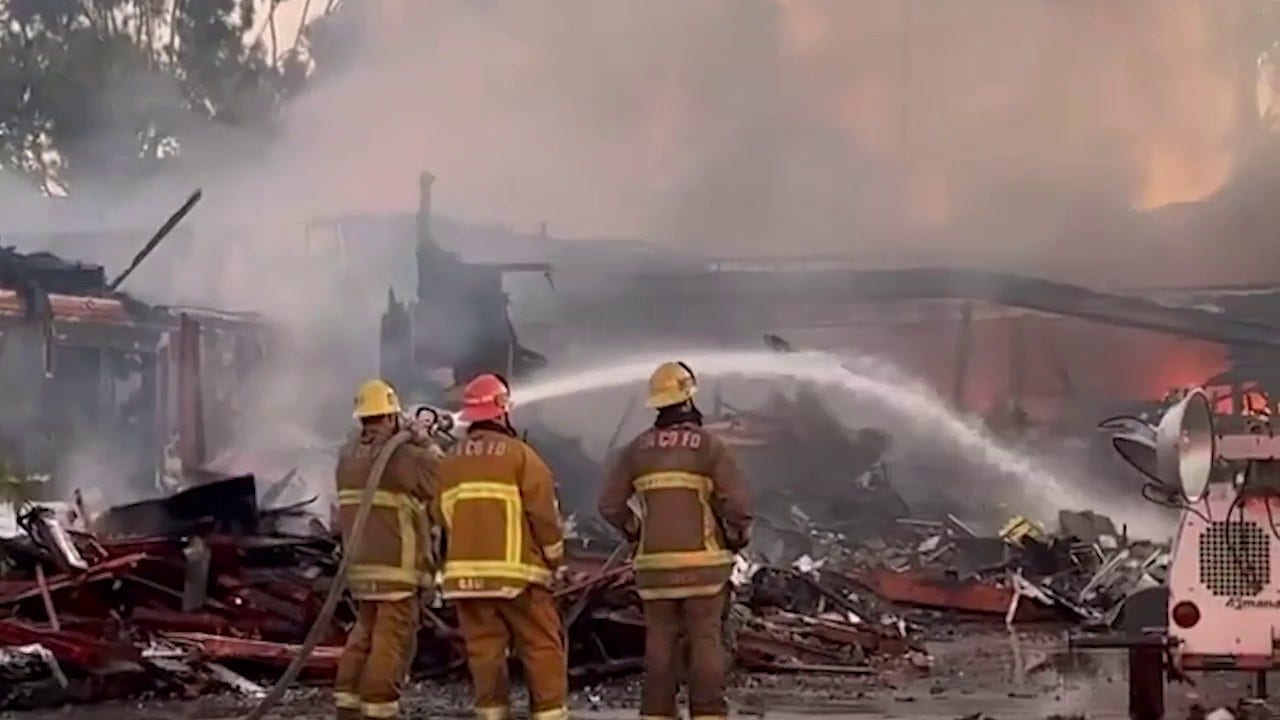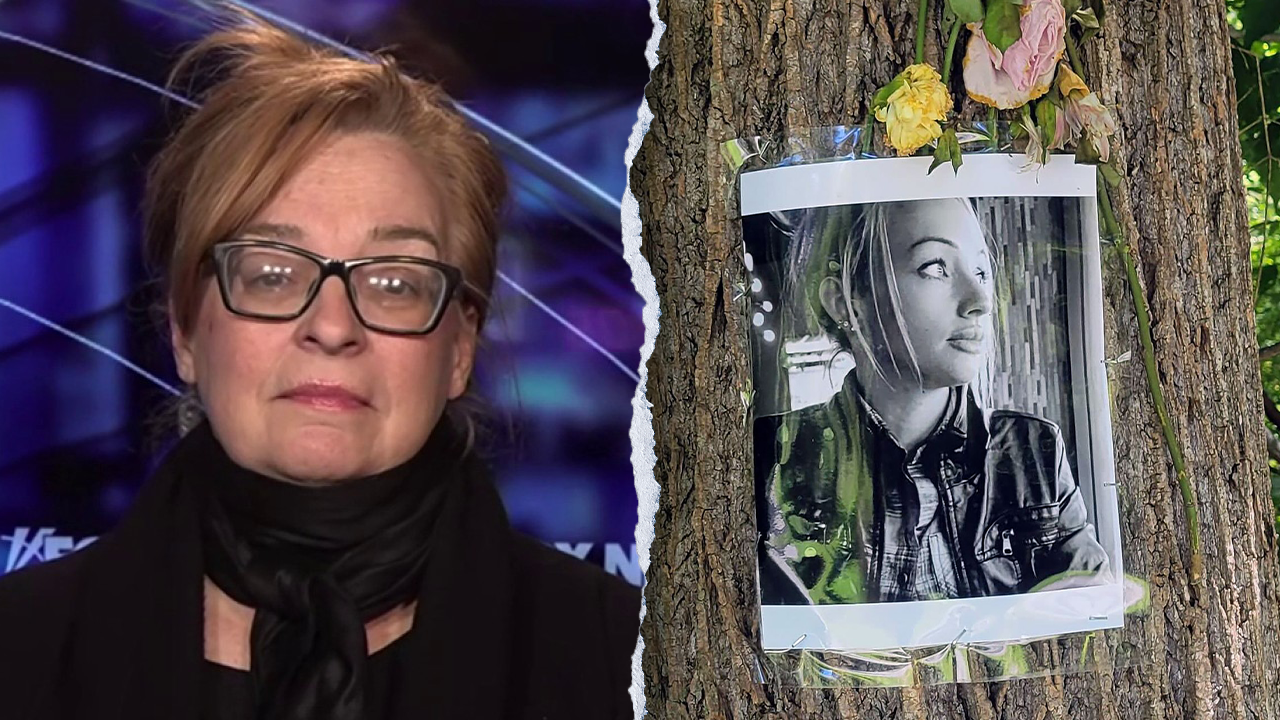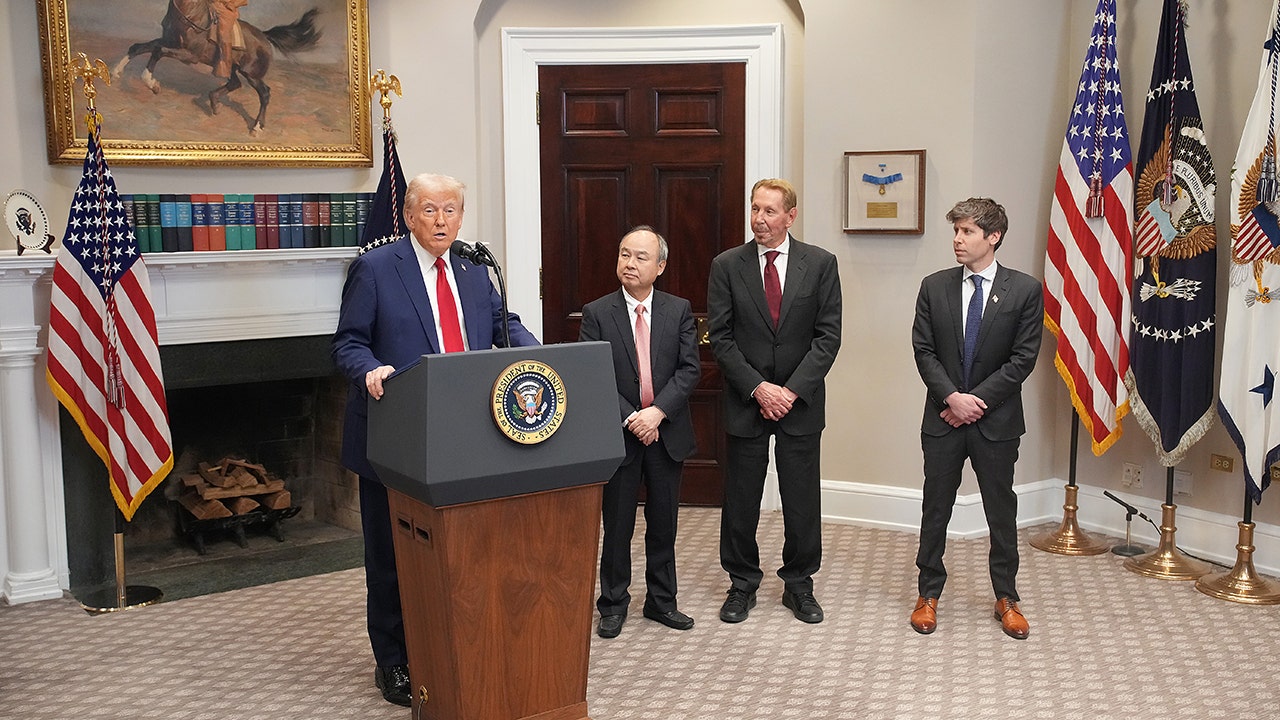LA fires tragic reminder that ignoring homeless problem can’t continue

NEWYou can now listen to Fox News articles!
Last week, LAPD Officer Sean Dinse divulged that the Kenneth Fire— one of the six tormenting the Los Angeles basin— was under criminal investigation.
A homeless individual, allegedly an illegal alien, was subdued by residents within minutes and miles of the fire’s origin. Witnesses reportedly saw him wielding a blowtorch while shouting, “I am doing this.”
Later detained on a felony probation violation due to insufficient evidence, this individual appeared to harbor an intent to harm the community—an intent as unmistakable as the internal demons with which he struggles.
Consider this alongside the reality that, according to LAFD data, there were 13,909 fires in the L.A. region linked to homelessness. That’s nearly double the number reported in 2020.
MAN ARRESTED NEAR LA FIRES WITH POSSIBLE BLOWTORCH IS AN ILLEGAL IMMIGRANT: ICE SOURCES
This juxtaposition underscores the escalating and enormous risk to public safety posed by our nation’s homeless policy— Housing First— that rejects a naked truth: mental illness, and substance abuse disorder, frequently accompany homelessness.
Full-throated advocates of Housing First include Gov. Gavin Newsom, Los Angeles Mayor Karen Bass, and Supervisor Mitchell of Los Angeles County, who preside over the most devastating and costly wildfires in history and America’s most troubled state, county, and city regarding homelessness.
Fires are raging, lives are being lost, and communities are being devastated. It’s time to confront the undeniable truth: Housing First has failed as a primary approach to homelessness.
Homeless individuals face dense and often interwoven challenges, including underemployment or non-employment, the absence of a high school diploma, the unavailability of a support network, and for the female population in particular, domestic violence.
Predominantly, they also grapple with mental illness and addiction despite erroneous federal government data.
During my 13-year tenure as CEO of Northern California’s largest program for homeless women and children, a documented 77% of our women struggled with addiction and 60% with mental illness. In the broader homeless population, the federal government claims this number to be 37%, but the UCLA Policy Lab found otherwise… it is 78% of the chronically homeless that struggle with these issues.
LOS ANGELES WILDFIRES: HOMEOWNERS CONFRONT MAN THEY BELIEVE IS ARSONIST AS CELEBRITIES FUEL FIREBUG THEORIES
Faced with these challenges, many homeless individuals resort to criminal activity as a means of survival. Conversely, criminal behavior can also catalyze homelessness.
In my program, 55% of our women had criminal records. In the overall homeless population, estimates range from 20-70%. Based on front-line experience and a broader context where premature jail and prison releases have surged while rehabilitation efforts have diminished, the 70% estimate is much more likely.
The great news is that most homeless can build the resilience and skills necessary to transform their lives and overcome these complex challenges. I have witnessed this first-hand in thousands of cases, and my confidence remains unwavering.
Nevertheless, such profound transformation has not and will never occur under the nation’s Housing First approach.
Adopted in 2013, Housing First is a public policy approach to connect the homeless to permanent housing as quickly as possible.
It was a great sound bite and hard to argue with… at least initially.
It meant that American taxpayers were on the hook to provide all homeless with housing for life— in the form of permanent housing— without any requirements such as sobriety, engagement in treatment services, or pursuit of work, ever.
LOS ANGELES IN HOT WATER FOR SPENDING HUNDREDS OF MILLIONS ON WORSENING HOMELESS CRISIS
Shelters with structured rules, transitional housing programs, and treatment services were rendered virtually obsolete. Their funding was eliminated to expand the number of “in perpetuity, unconditional housing vouchers.”
Most non-profits serving the homeless bent the proverbial knee to the federal government approach, as the Department of Housing and Urban Development (HUD) is the largest funder of homelessness.
President Obama promised Housing First would end homelessness in a decade, Yet, 11 years later, the number of homeless Americans soared to the highest level ever recorded, accompanied by a 238% increase in the homeless mortality rate.
California— the only state to fully adopt Housing First (2016)— now ranks amongst the worst states in the nation.
Beyond these abysmal outcomes was the quiet release of the only long-term study of Housing First that demonstrated it to be ineffective and often deadly. Over the 14-year analysis, nearly half of the individuals died by year five, and only 36% remained housed after year five.
Fires are raging, lives are being lost, and communities are being devastated. It’s time to confront the undeniable truth: Housing First has failed as a primary approach to homelessness.
Free Up Foundation has developed a Human First public policy framework grounded in real-life experience and the understanding that humans are both complex and resilient.
The incoming Trump administration should adopt the Free Up framework as follows:
1. Eliminate Housing First as the nation’s exclusive approach to homelessness.
2. Redefine success from “housed” to helping people realize their full, God-given potential.
3. Refund temporary residency programs that instill community, accountability, and growth. Shelters with rules, transitional housing programs, and sanctioned encampments, all of which facilitate the efficient delivery of treatment services should be included. (Only 10-20% of the homeless population are likely to need “subsidized for life” housing.)
4. Fund and require (as needed) treatment services including mental health and substance abuse counseling, and employment training.
5. Ban unsanctioned encampments which are often plagued with crime, drugs, sexual abuse, and are increasingly the source of fires.
6. Re-engage the faith-based and law enforcement communities that were ostracized by HUD as it emerged as homelessness’ CEO.
7. Regularly measure and report progress towards success. Fund and reward success.
Over the last decade, Americans conceded their authority to the hard-left’s approach to homelessness. Across the board, the more a region embraced Housing First, the more homelessness climbed and decimated everything in its path— the homeless, the taxpayers, public spaces, and public safety.
Free Up’s Human First framework will foster individual productivity and public safety while restoring normalcy and returning billions annually to the taxpayers who earned it.
CLICK HERE TO READ MORE FROM MICHELE STEEB
Read the full article here







